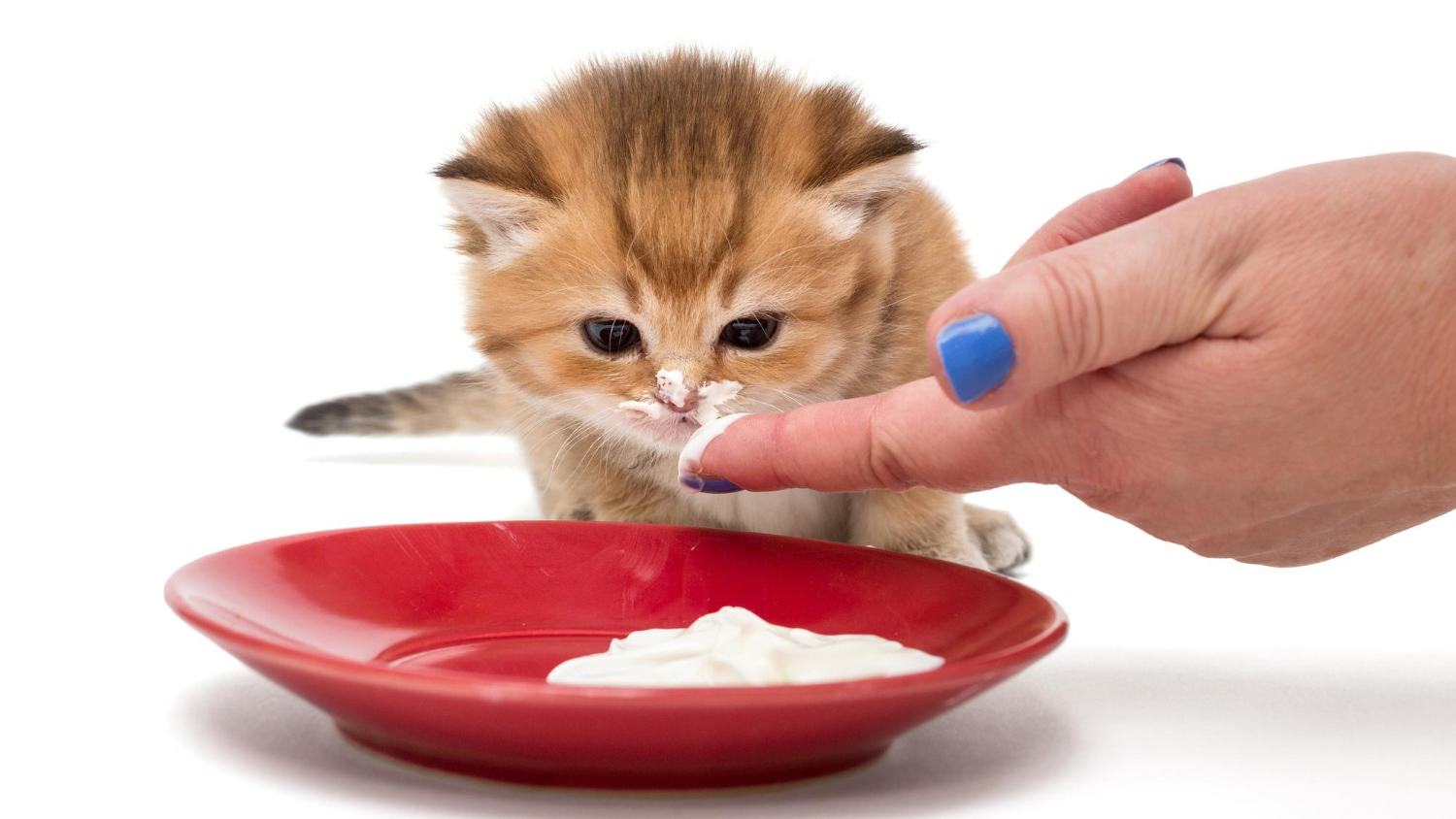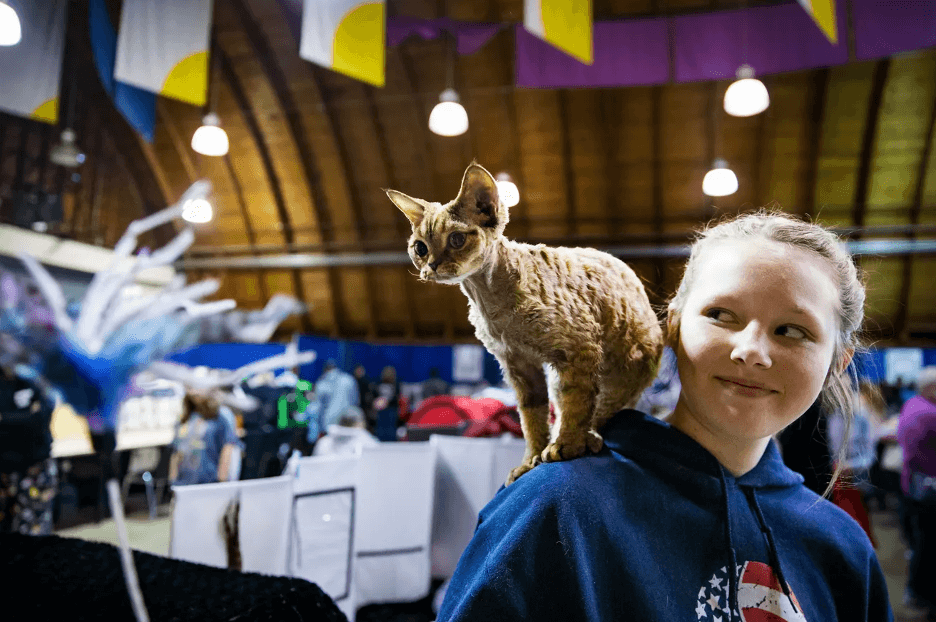What Is Feline Herpes Virus (FHV-1)?
Feline herpes virus—also called FHV-1—primarily affects a cat’s eyes and upper respiratory tract. Many cats are exposed as kittens and may experience occasional flare-ups later in life, especially during stress or illness.
Note: This guide is educational and not a substitute for veterinary care. If your cat has eye ulcers, severe discharge, trouble breathing, or stops eating, contact your veterinarian promptly.
Common Symptoms
Eyes (Ocular)
- Watery to thick discharge; redness or swelling of the conjunctiva
- Squinting, light sensitivity, or corneal irritation
Upper Respiratory
- Sneezing, nasal discharge, mild fever
- Reduced appetite due to congestion or loss of smell
How It Spreads
FHV-1 spreads through close contact—nose-to-nose greetings, grooming, shared bowls, and respiratory droplets from sneezes. The virus can also be carried on hands and surfaces; routine cleaning helps reduce risk.
Who’s Most at Risk?
- Kittens and shelter cats in close quarters
- Cats under stress (moves, new pets, boarding)
- Cats with other illnesses that affect immunity
Keeping FHV-1 Under Control
There’s no permanent cure, but most cats live comfortably with consistent management and veterinary guidance.
Work With Your Veterinarian
- Discuss diagnostic testing and tailored treatment plans
- Follow medication directions closely and complete prescribed courses
- Schedule rechecks if signs worsen or don’t improve
Reduce Triggers
- Keep routines predictable; add hiding spots and vertical space
- Use slow introductions for new pets or environments
- Maintain comfortable temperature and humidity
Home Care & Hygiene
Everyday Tips
- Wipe eyes and nose gently with warm, damp cotton pads
- Offer aromatic, palatable food if congestion reduces appetite
- Clean bowls, litter scoops, and bedding regularly
When One Cat Is Sick
- Isolate if advised by your vet; provide separate bowls and litter box
- Wash hands before/after caring for different cats
- Disinfect high-touch surfaces according to product directions
Prevention & Stress Reduction
Prevention focuses on vaccination under veterinary guidance, reducing crowding, and minimizing stress.
Set Your Cat Up for Success
- Provide routine play and enrichment to burn stress
- Use gradual changes when moving homes or adding pets
- Keep litter areas clean and quiet; ensure fresh water and quality nutrition
FAQs
Is FHV-1 contagious to people or dogs?
FHV-1 is species-specific to cats. Good hygiene is still important to protect other cats in the household.
Do cats outgrow FHV-1?
Many cats carry the virus long-term, but with consistent care, flare-ups can be infrequent and mild.
When should I see a veterinarian?
Any time your cat has eye pain, ulcers, breathing difficulty, or isn’t eating, seek veterinary attention promptly.






















































































